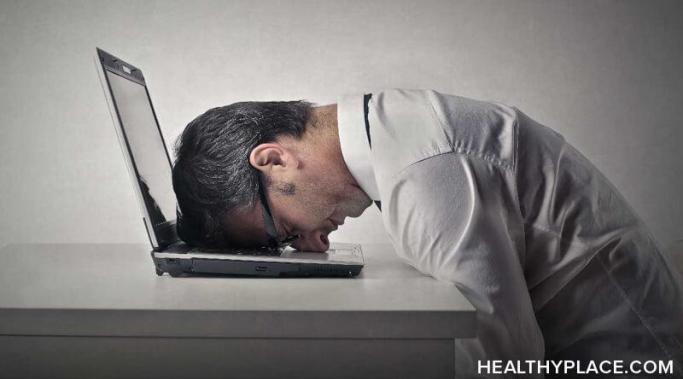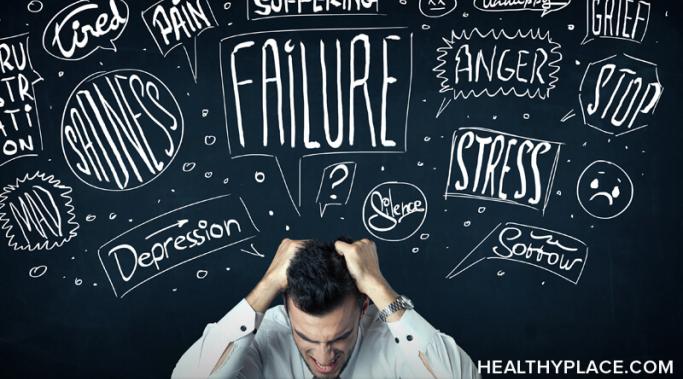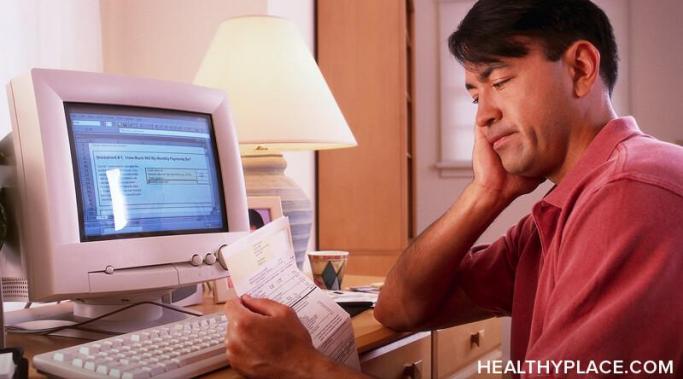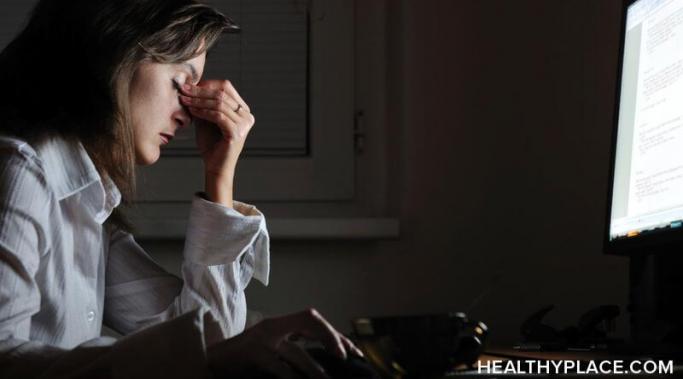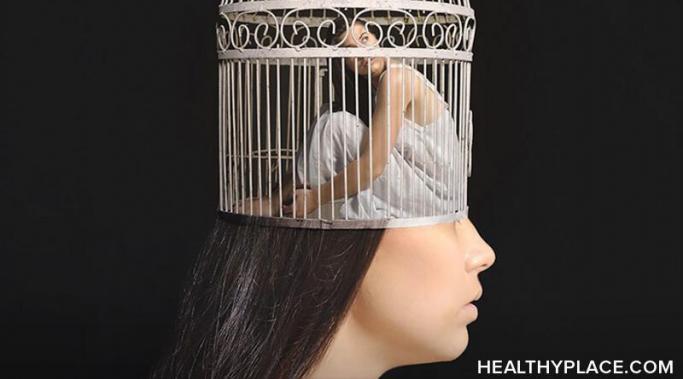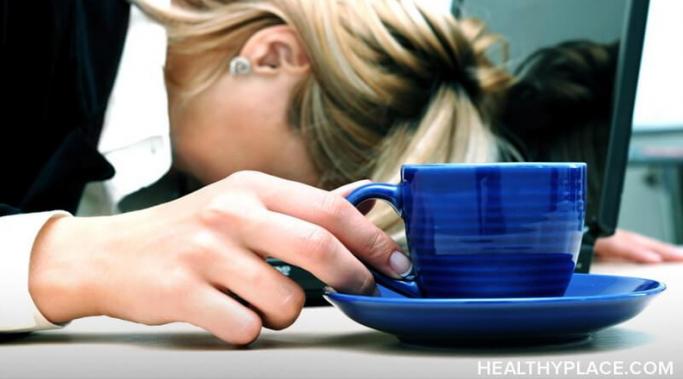Depression causes my impulsivity. For example, yesterday, I almost quit therapy. A few minutes into my session, I felt the urge to tell my therapist that I couldn't continue as nothing seemed to be working for me and probably never would. I acted on the thought and told her what was on my mind. She talked me down and said that sure, we had hit a wall recently. But that didn't mean things would never improve. Her words made sense to me, and we resumed the session.
Depression Symptoms - Work and Bipolar or Depression
Depression has a lot of ripple effects -- and the crippling self-doubt of imposter syndrome is one of them. Feeling like you are not good enough at your job and that any professional accomplishments are due to luck is part of imposter syndrome. While one does not need to have depression to feel like an imposter, I sometimes feel like one when my depression intensifies. Here are some signs to help you identify if you have this issue.
I know it's okay to take a mental health day during a pandemic because yesterday afternoon, I unraveled. I couldn't move, I couldn't eat, all I could do was crawl in bed and breathe. And that's how I spent the rest of the day.
What you think is a work personality may actually be a sign of depression. After all, depression makes life hard and work is no exception to the rule. I have noticed that there is a general assumption that a depressed person at work can be identified by a "Debbie/Donnie Downer" attitude, also known as someone who is always putting out negativity. But depression is a lot more nuanced than that. In fact, it manifests differently for every person.
Do you know what learned helplessness is? Well, have you ever felt that no matter how hard you try to achieve a goal, the outcome is totally out of your hands because, in the past, your efforts to do the same proved to be futile? Does this feeling make you feel stuck and powerless, and does it cause you to stop trying in the first place? If your answer is yes, you probably have a case of learned helplessness.
Since last month, many of us have been working remotely from home due to the COVID-19 pandemic. While this has proven that many jobs can be done remotely, there's one major mental health issue that office-goers are facing today: depression.
Thinking traps, also known as cognitive distortions, are exaggerated or unbalanced thinking patterns that negatively impact mental and emotional health. While thinking traps are common and can affect anyone from time to time, people living with bipolar disorder, depression, or anxiety are especially susceptible. The following are three common thinking traps that I often find myself caught in, especially in relation to my job: all-or-nothing thinking, overgeneralization, and labeling/mislabeling.
Fatigue at work often interferes with your job when you have depression. When you are constantly exhausted, it’s hard to focus on your job, and depending on what you do, this can be dangerous. If fatigue because of depression at work is a problem for you, it’s important to take steps to manage it. In this post, I will go over habits to establish to help you manage exhaustion, as well as some quick tips for dealing with fatigue at work.
Like many average people that we share the world with, people living with depression have good days and bad days. However, when you have depression, your bad brain day can turn into bad brain days, weeks, months, etc. Depending on the nature of your depression and depressive episodes (frequency, severity and length), it can sometimes feel impossible to manage your life in any area, much less a job.
